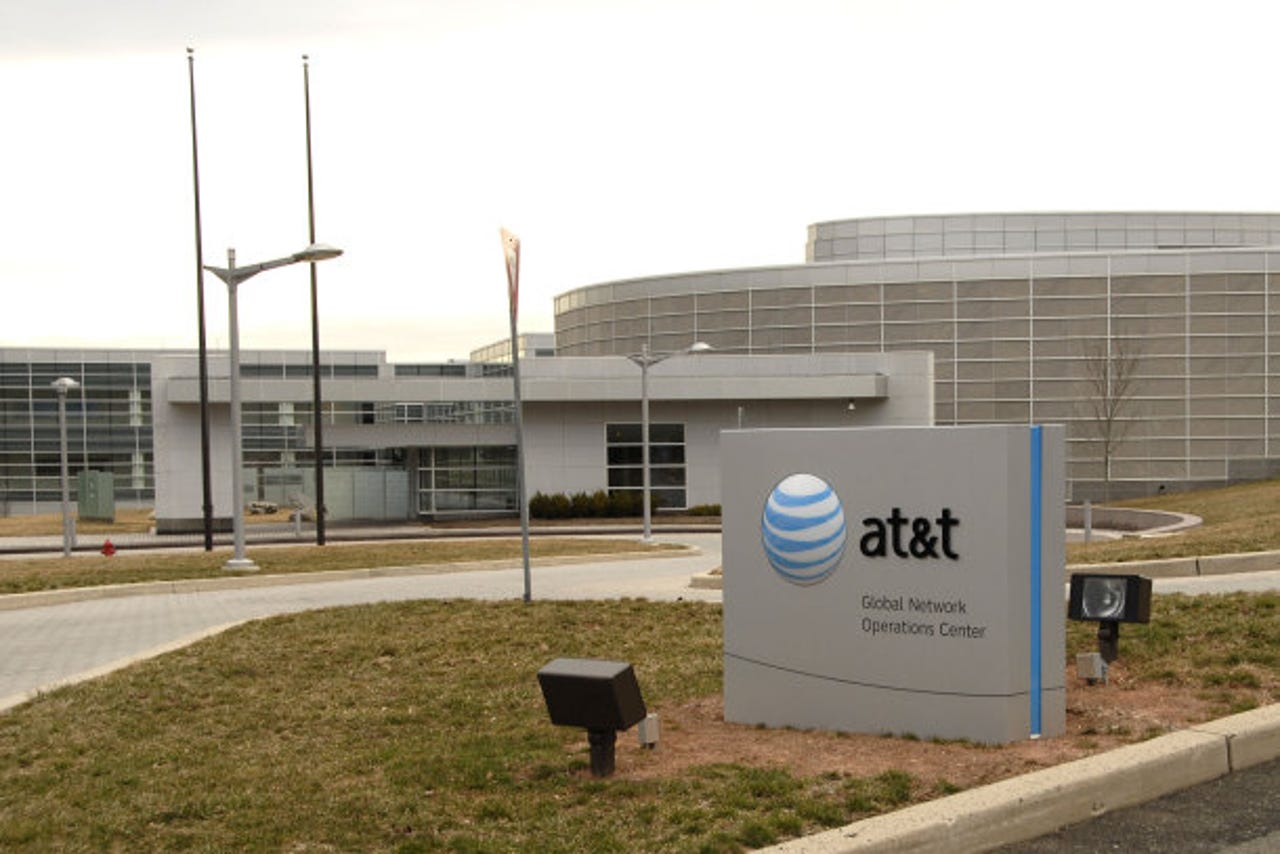AT&T halts fiber investment until net neutrality argument settled


AT&T is pausing plans to bring high-speed fiber networks to 100 cities in the United States until the rules of net neutrality are set.
At a conference on Wednesday, AT&T CEO and chairman Randall Stephenson told investors the US carrier is going to wait and see how the net neutrality battle ends -- namely, how Internet service providers (ISPs) will be required to regulate web traffic -- before carrying on with fiber broadband installation for consumers.
"We can't go out and invest that kind of money deploying fiber to 100 cities not knowing under what rules those investments will be governed," Stephenson said, as reported by Reuters. "We think it is prudent to just pause and make sure we have line of sight and understanding as to what those rules would look like."
See also: FCC pushes back against Obama on net neutrality
Read this
The principle of net neutrality revolves around the idea of treating all Internet traffic in exactly the same way. The US Federal Communications Commission (FCC) is currently deciding on future regulation, but a decision has been delayed due to the attention the issue has received.
This week, US President Obama publicly declared his support for net neutrality, saying that Internet access should be reclassified as a utility and "vital service" -- which would stop plans by ISPs to offer fast-lane traffic services in their tracks.
Internet priority lane support could see content providers paying extra to ISPs in order to maintain acceptable levels of speed when subscribers are watching media through the Web. Critics argue that this could lead to anti-competitive throttling of speeds by ISPs in order to promote their own content and disadvantage rivals, whereas supporters of the idea say better service could be granted to content creators if preferential speed lanes are permitted.
President Obama has called on the FCC to create tougher laws forbidding this idea. However, in a recent meeting with executives from companies including Google and Yahoo, FCC Chairman Tom Wheeler politely reminded attendees that the agency was independent, and a solution has to take into account not only the president's wishes, but the concerns of the general public and Internet service providers.
Read on: In the enterprise
- The working visa: A tricky subject for technology companies
- Panasonic shifts from restructuring to aggressive acquisitions
- Google lures startups to cloud following with $100,000 credit
- EBay, PayPal to split into two separately traded companies
- Enterprise network security takes backseat to speed: McAfee
- Sony shuffles management of ailing mobile division